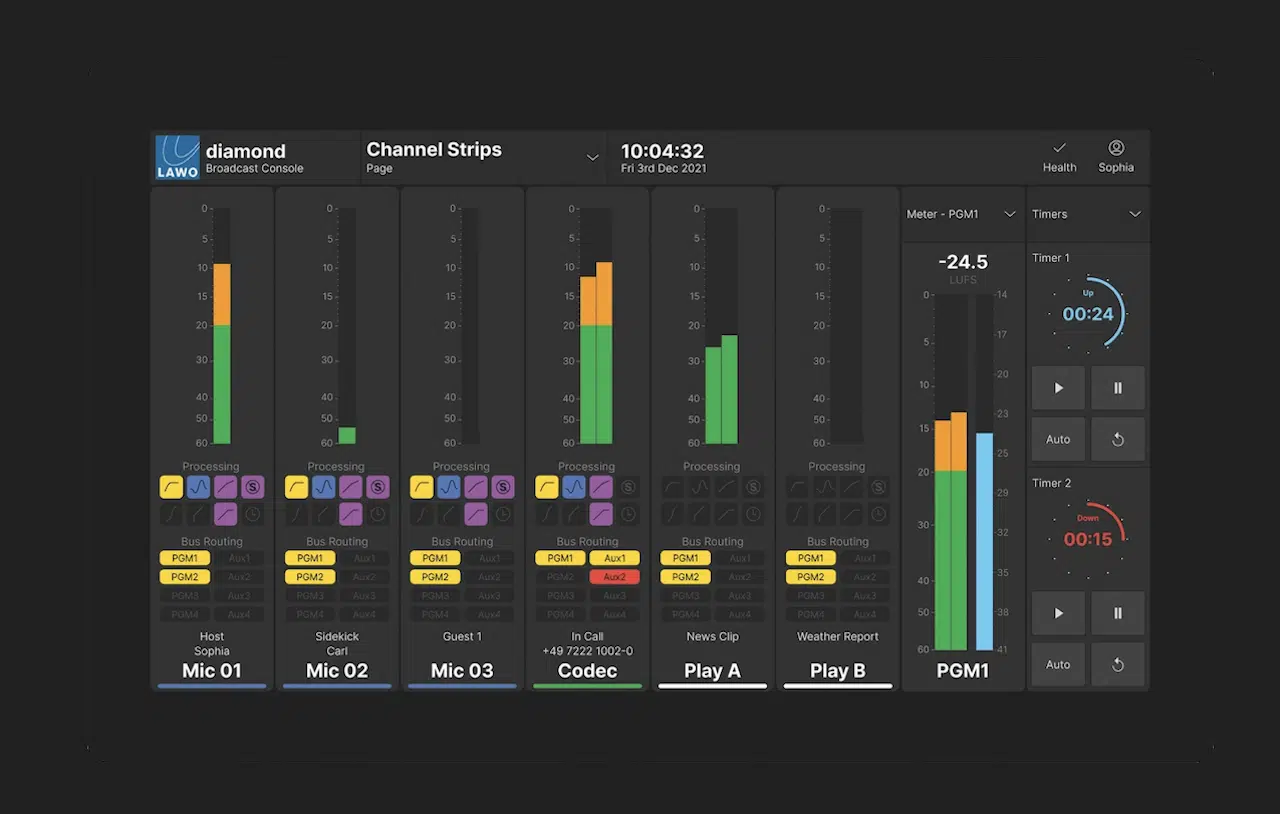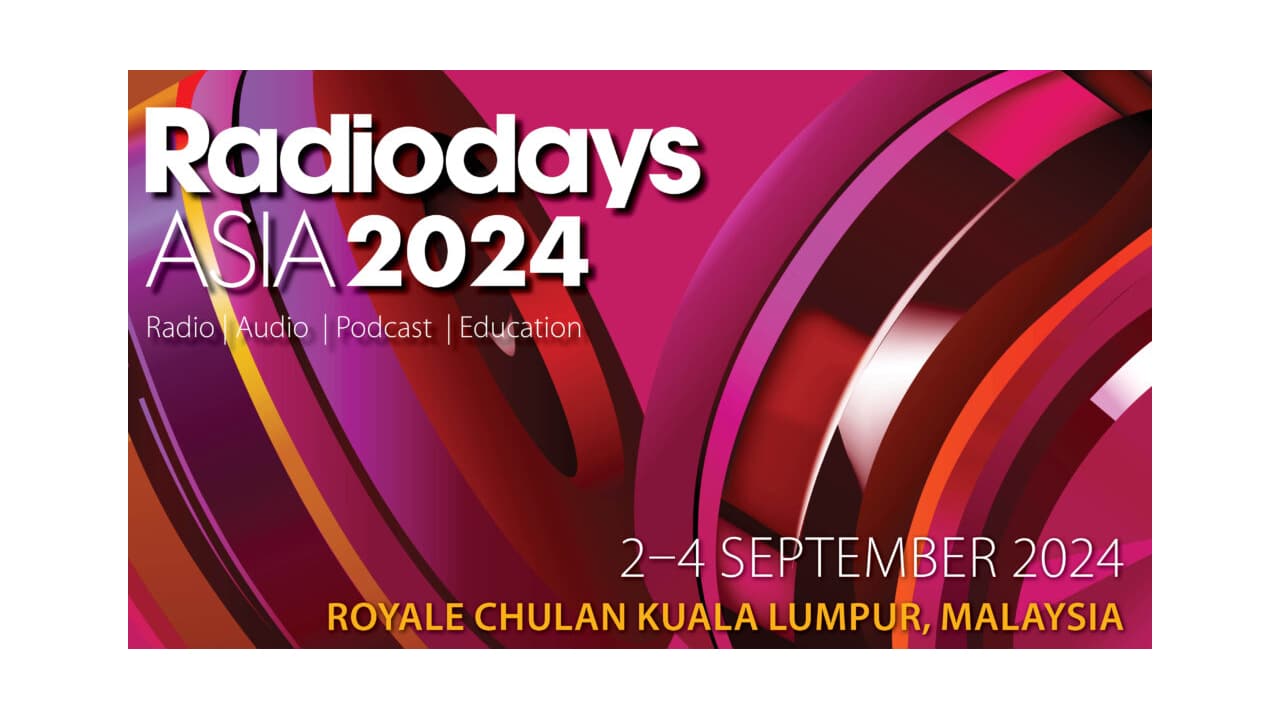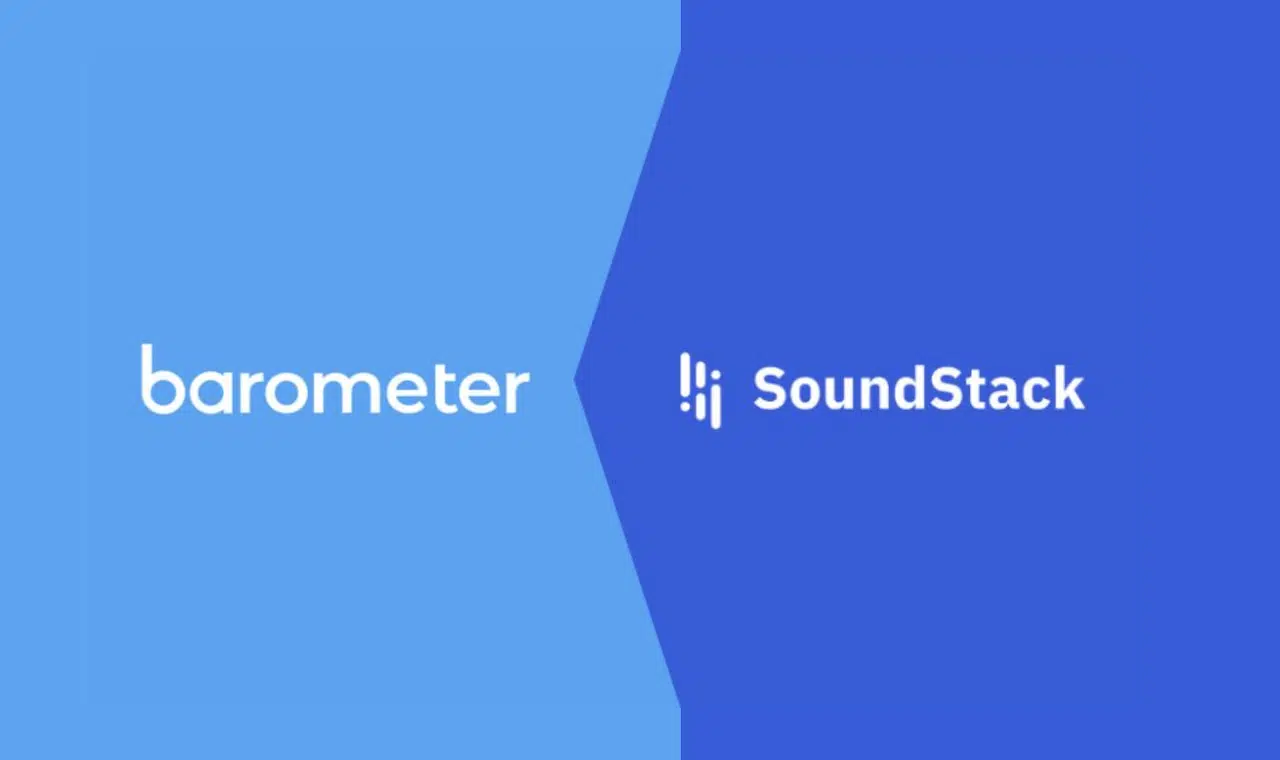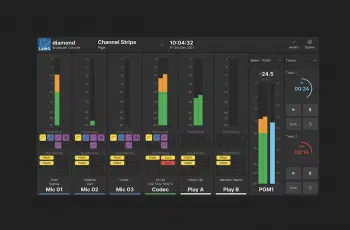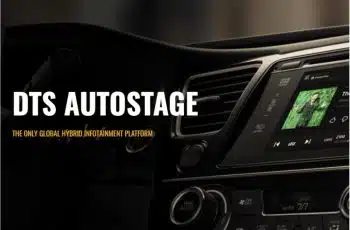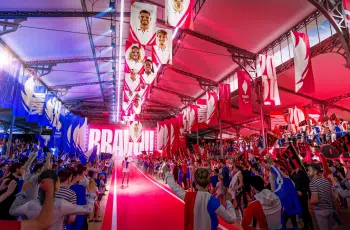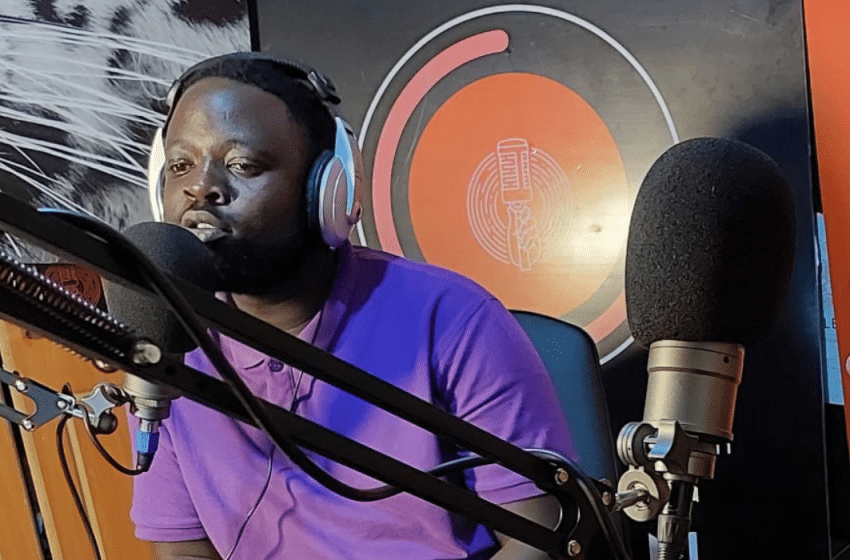
NAIROBI, Kenya — Creavhon Sebantu had an idea for a podcast. But instead, it turned out to be an online radio station themed on African culture in music and general programming, and among the first of such in Kenya.
“Radio Legion was supposed to be a podcast. I needed to rant about how things weren’t working in society, so I called my friend Andy Safari to help set me up. He came up with the idea of a radio station because he felt a podcast would be wasteful of our Wi-Fi,” says Sebantu. Safari is currently a partner and creative director at Radio Legion.
Just over a year since the first broadcast on Feb. 2, 2022, Radio Legion has featured shows and events showcasing the best of African culture and hosted more than a hundred guests at the station from almost every sector of the economy, and earned an estimated 12 million listeners worldwide, according to Sebantu.
“We have provided a platform for urban culture enthusiasts from all walks of life to tell their stories to the world. Our platform has connected more than 600,000 consumers to products and services through our on-air and digital marketing platforms,” adds Sebantu, from his base in the Kenyan capital Nairobi.
A humbling experience
Sebantu says that so far, it has been a humbling, rewarding and exciting experience being among the country’s pioneer online radio stations.
“You learn so much every day along the way. We try to get most moves right compared to what we get wrong and work to get better every day. We hope that future radio stations learn from the mistakes we are making. We have learned so much over the period we have existed and have practically seen the values creating such a radio station inculcates in someone.”
He says that the station’s target audience is the urban youth who are passionate about African urban street culture and news, want to attend events and have a good time with their friends. They are keen to try new foreign urban music and culture and share their own with the rest of the world.
“We target this population because they ooze life, color and cool vibes, dress to kill and are bold. And that is what we are about. Have you seen how the urban African youth dress for a hangout? Someone almost always checks that swag out. Doing things with young people is quick, creative, fun and always interesting,” says Sebantu.
He adds that Radio Legion plans to move to FM in a few months to ensure listeners do not have to incur additional internet costs when tuning in.
“We have remained an online station with easy access on our website and social media handles. People listen to us through their smartphones, laptops and other devices with an internet connection. On regulation, the Communications Authority of Kenya has remained quite supportive. We have and will always comply with their standards,” he says.
We must ensure that the radio stations we have are of great quality, competitive and remain dedicated to a course. Many radio stations have no agenda, and so find it hard to survive.
An expensive affair
Sebantu says starting an online radio station can be an expensive affair, depending on the quality one wants to produce. “You need to invest in live broadcasting software (which might be quite costly, running into thousands of dollars), a sound system, high-speed internet and an excellent team. Setting up an FM radio station requires a bigger investment because of the broadcasting hardware, licenses and expertise involved.”
He explains there is a market opportunity window in that while there has been an upsurge in the number of radio stations in Kenya, there has been a decline in good radio stations.
“We must ensure that the radio stations we have are of great quality, competitive and remain dedicated to a course. Many radio stations have no agenda, and so find it hard to survive. Also, many stations have refused to upgrade their facilities with modern technology and equipment. They do not want to use new methods to reach the young consumers of radio content. That’s why one can name only a few stations off the top of one’s head in a minute. Maybe it’s due to budget constraints, but it’s an untenable situation and due to collapse since they have not cultivated unique audiences and are facing low listenership and therefore low advertising revenue.”
On advertising revenue, Sebantu says it is not easy landing big clients for an online-only radio station, but he has gained the trust of a few brands who have helped keep the station afloat. He sees more opportunities in state agencies, the biggest revenue source for media in Kenya, according to various studies, along with big corporations.
“As an online radio station, we would like to be involved in performing services for such entities because we know how effective we are online and in the streets. With such support, we could improve our content offering, create more employment opportunities and online radio personalities to perform various socially positive influencer roles.”
The author is a journalist and communications consultant based in Nairobi, Kenya



